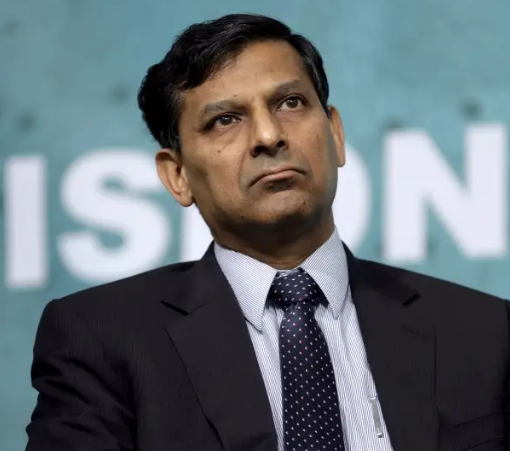
Former reserve bank of india (RBI) governor Raghuram Rajan has emphasized that India's path to economic development differs significantly from that of china due to its democratic system. In an interview, Rajan highlighted the role of democracy in India's economic progress, asserting that it is integral to the nation's identity and growth trajectory.

Rajan pointed out the advantages of China's governance system in facilitating rapid industrial development, particularly in infrastructure projects like high-speed rail. However, he noted that india faces challenges, such as land acquisition hurdles, exemplified by the ongoing Mumbai-Ahmedabad bullet train corridor project.
In contrast to China's centralized governance model, Rajan stressed the importance of india building its economic model around democracy. He emphasized the need to empower citizens and address their concerns, suggesting a more inclusive approach to economic development.
Despite projections of india overtaking Japan's economy in the next five years, Rajan cautioned that india would still be classified as a lower middle-income country, with per capita income levels below expectations. The discussion on India's economic progress also touched upon concerns raised by former economic advisor Arvind Subramaniam regarding the reliability of GDP figures.
Subramaniam expressed scepticism about the reported GDP growth rate, citing discrepancies with other economic indicators such as private consumption figures and inflation rates. Overall, Rajan's remarks underscore the complexity of India's economic landscape, emphasizing the unique challenges and opportunities presented by its democratic system in the journey towards sustainable growth and development.




 click and follow Indiaherald WhatsApp channel
click and follow Indiaherald WhatsApp channel